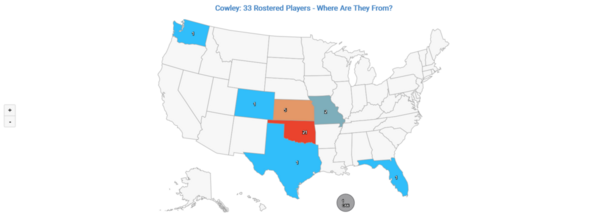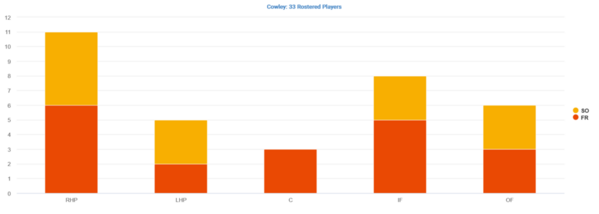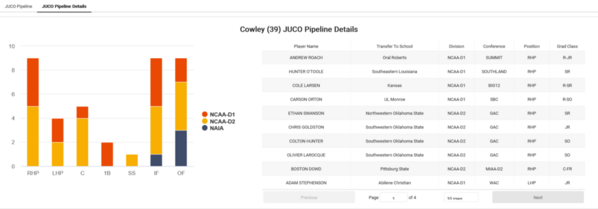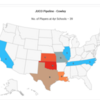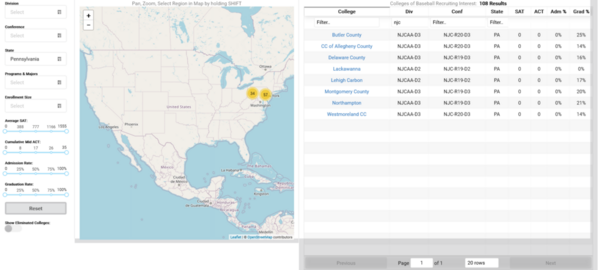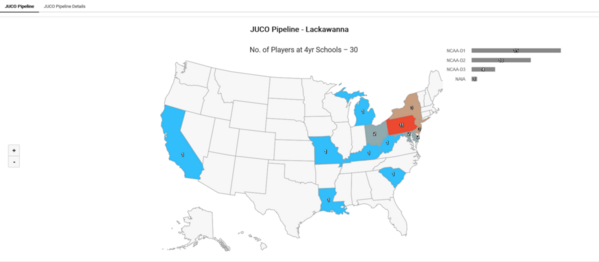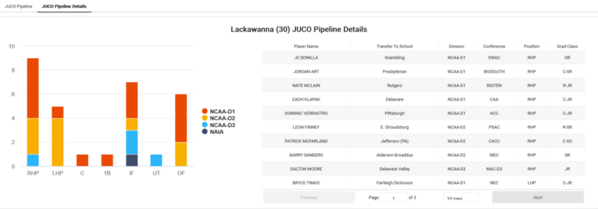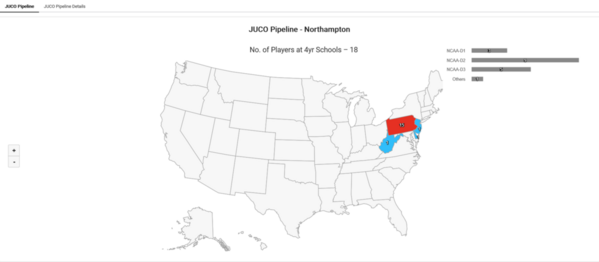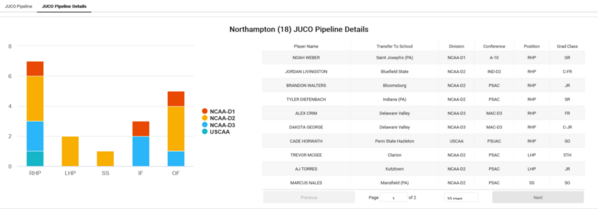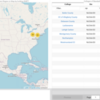@anotherparent posted:To be honest, when we went to WWBA, we bought the koolaid that it was about playing against the best, we really didn't know how much it might matter for recruiting (which, in the end, it didn't for D3). I still don't think that was entirely wrong.
My question is, where are all the future D1 transfers supposed to go out of HS? Do they go to jucos, or to lower-level D1s, and then hope to transfer up? And, where are all the juco and lower-level D1 coaches recruiting? Just locally?
And this thread was about juco coaches going to D1s. But, if you are looking for development, how do you find good coaches at jucos or lower-level schools, if those coaches are moving up?
And, what happens when the NCAA realizes what a disaster the open transfer thing is, and reverses?
The whole system seems to be entirely unstable, and it's hard to see when or how stability will come.
Adbono can speak to this better but at least from what I've seen and heard from coaches at that level - juco schools are almost forced to develop. Kids will go to the ones that place their players the best/gets kids drafted. No players moving on to decent 4 year programs - Why would anybody come?
In my area there are a lot of kids reaching for D1 programs they probably don't belong at and as a result there are a lot of kids who end up at the right level down the road or find themselves out of baseball. They would benefit from a good juco where they would be significantly more prepared to contribute to the original program they committed to. But unfortunately the Jcs around here aren't known to place their players very well and it isn't very appealing.
As for the WWBA - 8 teams in every pool. Bottom 2 were usually below average but there isn't anywhere else we really could have went where we would have seen 85+ arms on a consistent basis. The playoffs at the WWBA are really fun, everybody is good and all the games are exciting. Played in all the big tournaments. Pretty cool seeing the field go from 400 to 64 to 32 to 16 and so on.

